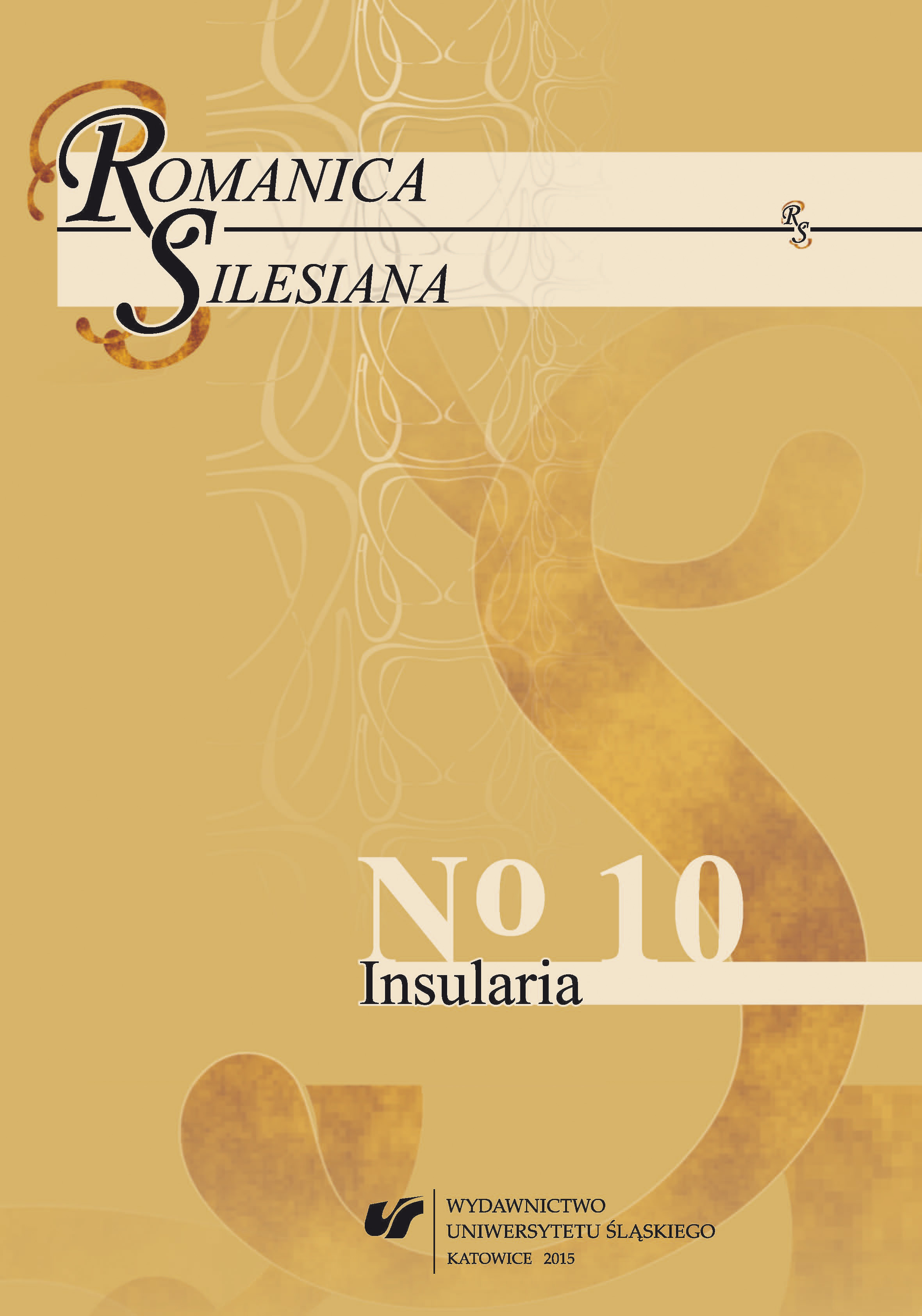La condizione di isolitudine in “Diceria dell’untore” di Gesualdo Bufalino
The Condition of Isolitudine in Gesualdo Bufalino’s “Diceria dell’untore”
Author(s): Joanna JanuszSubject(s): Language and Literature Studies, Studies of Literature, Other Language Literature, Theory of Literature
Published by: Wydawnictwo Uniwersytetu Śląskiego
Keywords: Bufalino; isolitudine; Sicily
Summary/Abstract: Isolitudine is a neologism coined from isola (an Island) and solitudine (solitude) that was created by Gesualdo Bufalino in order to mark a specific attitude to life which characterizes the mental and emotional ambivalence of Sicily’s inhabitants. On the one hand, they are proud of their difference, but on the other, they feel isolated and disconnected from life on the continent and doomed to cultural and emotional solitude. In the novel “Diceria dell’untore” the topic of acceptance and rejection of the condition of isolitudine dominates. The main character is excluded from ‘real’ life in a two-fold way: he is the inhabitant of an Island and the patient of a tuberculosis sanatorium; futhermore, he has been bruised by his wartime experience. The condition of isolitudine is inscribed not only in characterization but also in the chronotope. The places of the novel are the sanatorium and the island itself. Both of them have the qualities of a pleasant place (locus amoenus) and a horrible one (locus horridus), and their characterization results from a combination of those qualities.
Journal: Romanica Silesiana
- Issue Year: 2015
- Issue No: 10
- Page Range: 152-160
- Page Count: 9
- Language: Italian

